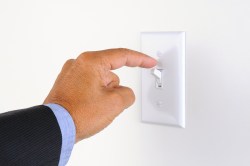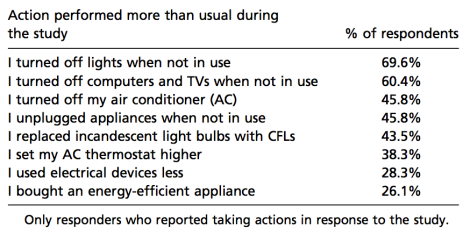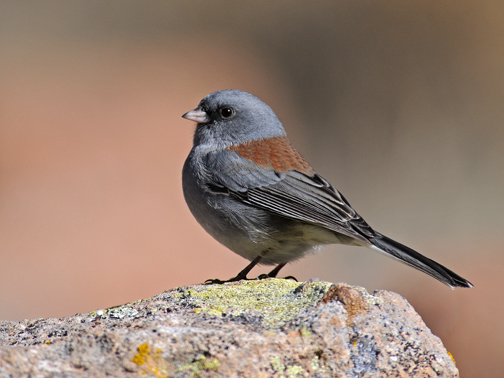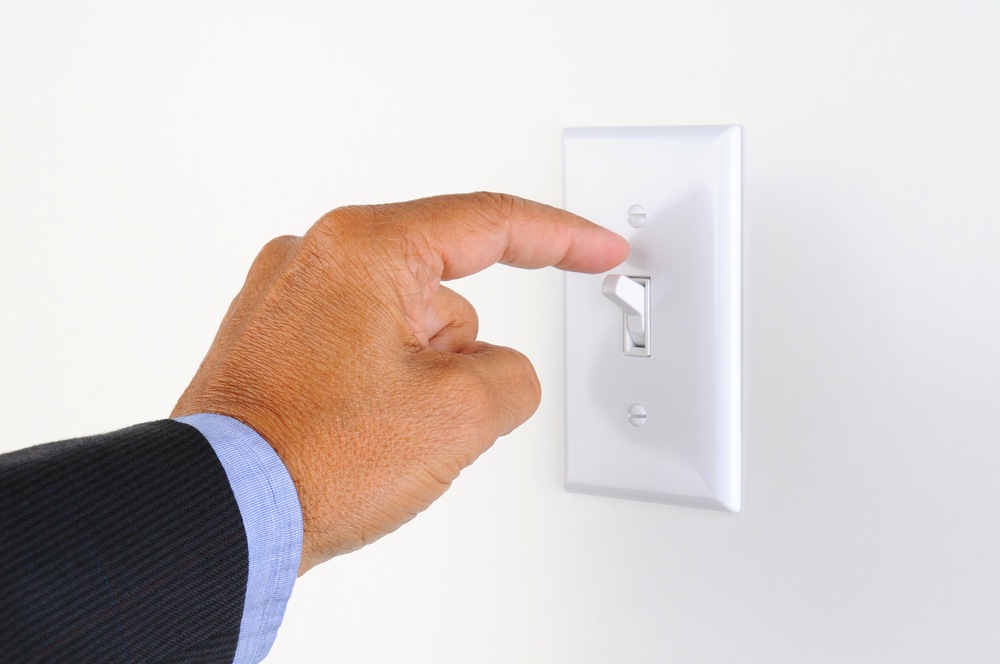
ShutterstockWe’re watching you.
How do you prevent someone from wasting electricity? The same way you prevent them from picking their nose — make them think they are being watched.
Carnegie Mellon University researchers wanted to see whether the Hawthorne effect could be used to change energy-use patterns. The Hawthorne effect refers to the way people tend to alter their behavior when they sense they are being observed. The effect can be a pain in the ass for scientists trying to study human behavior, but it can also be a powerful tool for influencing that behavior.
The researchers sent postcards to a group of utility customers notifying them that their electricity usage was being tracked for one month as part of an experiment. The series of postcards offered no incentives or instructions to reduce energy use — they just let the customers know that they were being, in effect, watched. A control group of utility customers got no postcards.
Sure enough, the Hawthorne effect arose to work its magic. According to results reported Tuesday in Proceedings of the National Academy of Sciences, people who received the postcards reduced their electricity consumption by an average of 2.7 percent.
A follow-up survey of postcard recipients indicated that the experiment had heightened their awareness of their own energy habits. Here’s what they said they did to cut electricity use:

PNAS
That all sounds good. But once the customers thought the month-long experiment had ended, they returned to their former energy-wasting ways.
So all we need now are surveillance cameras installed in everybody’s homes, watching their every appliance. Right? Oh, wait …



